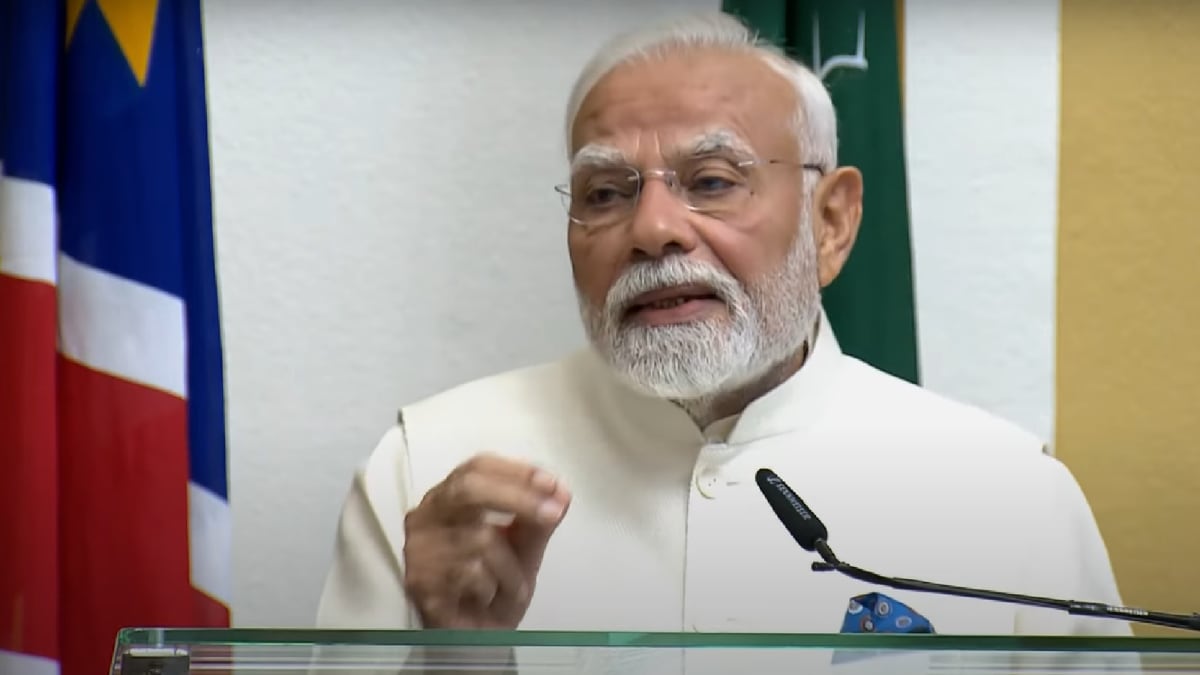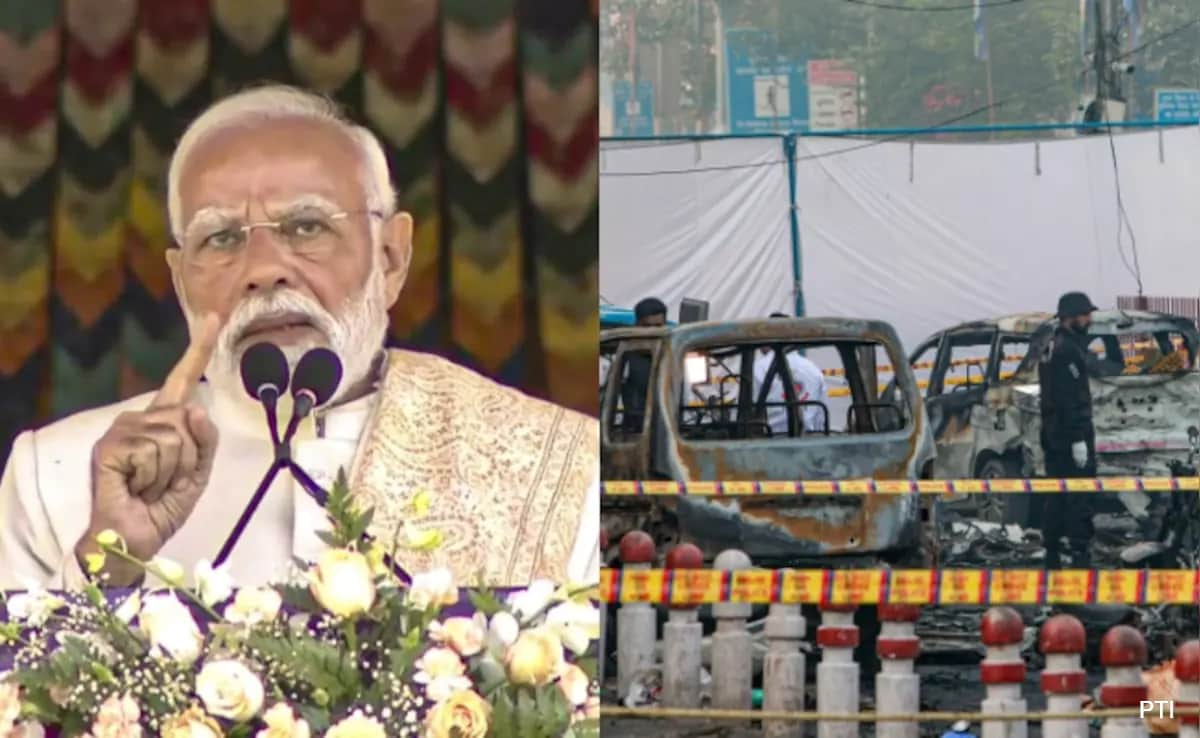ARTICLE AD BOX
Political strategist-turned-politician Prashant Kishor on Friday attributed the record voter turnout in the first phase of Bihar assembly elections – the highest since Independence – to two key factors: a growing public yearning for political change and the unexpected participation of migrant workers who returned to the state during the festive season.
Kishor’s Jan Suraaj Party is making its first foray into Bihar during these elections.
“In the elections held since Independence, this is the highest voting percentage Bihar has ever seen,” Kishor said, reacting to the polling data.
As 121 constituencies across 18 districts concluded the polls on Thursday, the voter turnout touched 64.66%, a jump from the 57.29% recorded in the 2020 Assembly elections and the highest since 1951, the Election Commission data shows.
“It shows two things — first, as I have been saying not for the last one or two months but for the last couple of years, more than 60 per cent of the people in Bihar want change,” he said.
According to Kishor, the surge in voter participation reflects a shift in public sentiment that had been dormant for decades. “For the last 25-30 years, there had been a kind of indifference towards elections because people did not see any real political alternative,” he said. “With the arrival of Jan Suraaj, people now have a new option.”
He said the higher turnout indicated “enthusiasm among people to see a new alternative” and that “voting has taken place on a large scale for change.”
Kishor also highlighted the role of migrant workers, calling them the “X factor” in this election. “A large number of migrant labourers, who stayed back after Chhath, voted themselves and ensured their family members and friends also voted. This has surprised everyone,” he said.
Challenging assumptions that women voters alone would determine the outcome, he remarked, “Those who thought that women would decide the election simply because they received financial assistance of ₹10,000 are mistaken. Women are important, but beyond them, migrant workers are the X factor of this election.”
Kishor underlined that no political expert, party, or leader had predicted such a rise in voter turnout. “No one said Bihar would see such unexpected voting. For the first time, the youth have voted in the largest numbers. They have voted most aggressively, and they are voting for their future — for change and improvement in Bihar,” he said.
Drawing from electoral trends, Kishor argued that such large-scale voter participation typically signals a desire for political transition rather than continuity. “It is usually not possible for such a massive turnout to be in favour of the status quo,” he said.
“There can be one or two exceptions, but wherever in the past twenty years voting has increased to this extent, the incumbent party or government has paid the price,” he said.
Kishor’s analysis comes at a time when political parties are trying to tap into the growing dissatisfaction among the youth – especially those aged 18 to 29 – over issues of jobs, employment, and migration.
Whether the heightened enthusiasm among youth and migrants translates into electoral transformation will become clear once the votes are counted on November 14.









 English (US) ·
English (US) ·